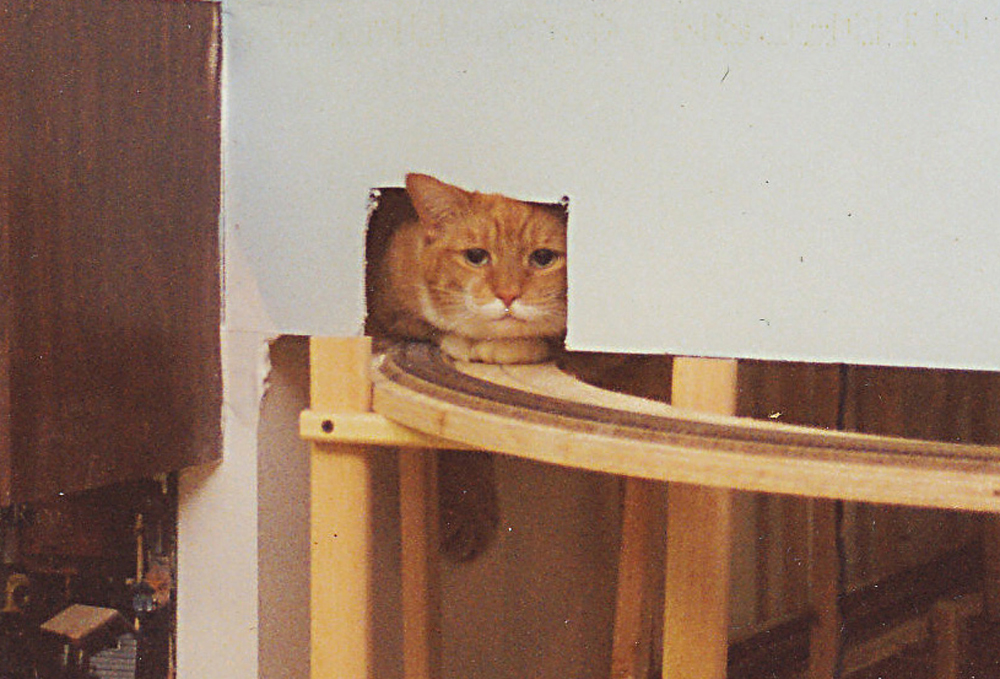
Living with a model railroad and a dog or cat isn’t always easy. The animals don’t know the difference between your toys and theirs, and can wreak havoc on scenery, models, or your workbench. Animals love to chew on natural materials and unfortunately, many scenery products are made of those. But peaceful coexistence is possible […]
Read More…
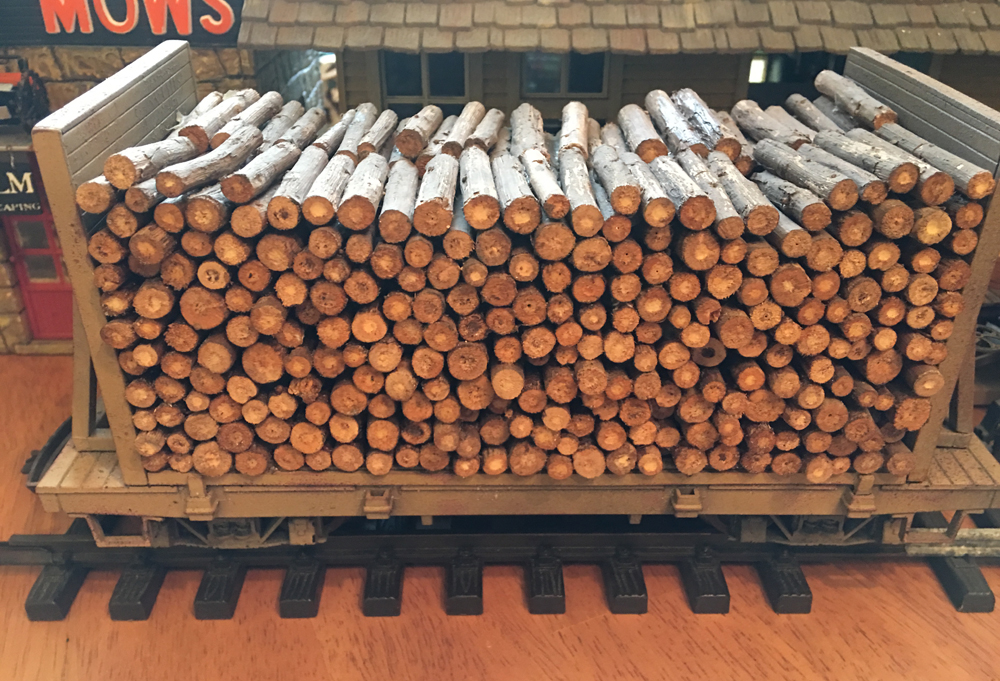
Since I own the P.T. Tubifo Lumber Co. engine for my railroads’ lumber company, I thought I’d add a pulpwood car for it to haul. I started the project with Kalamazoo flatcar and added bulkheads made from Evergreen styrene. During my work travels, I saw some weeds on the side of the road and initially […]
Read More…
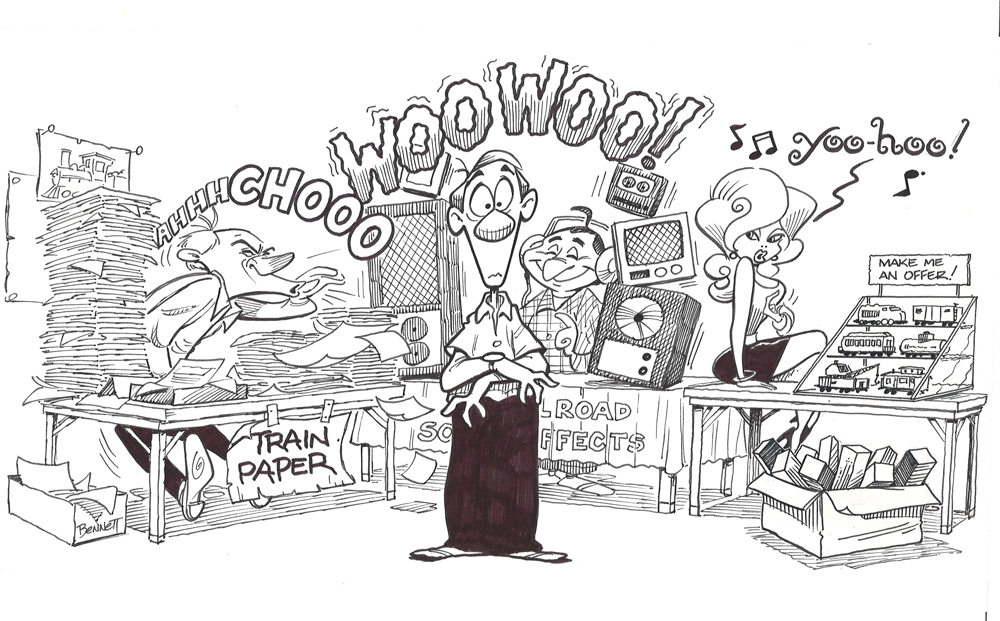
This article was originally published in the December 1990 issue of Classic Toy Trains. John Grams was a longtime contributor and author of CTT’s Q&A column. He also wrote a number of toy train/hobby books. He died in 2011. How do you think this article holds up today? Leave a comment about the “characters” you’ve […]
Read More…
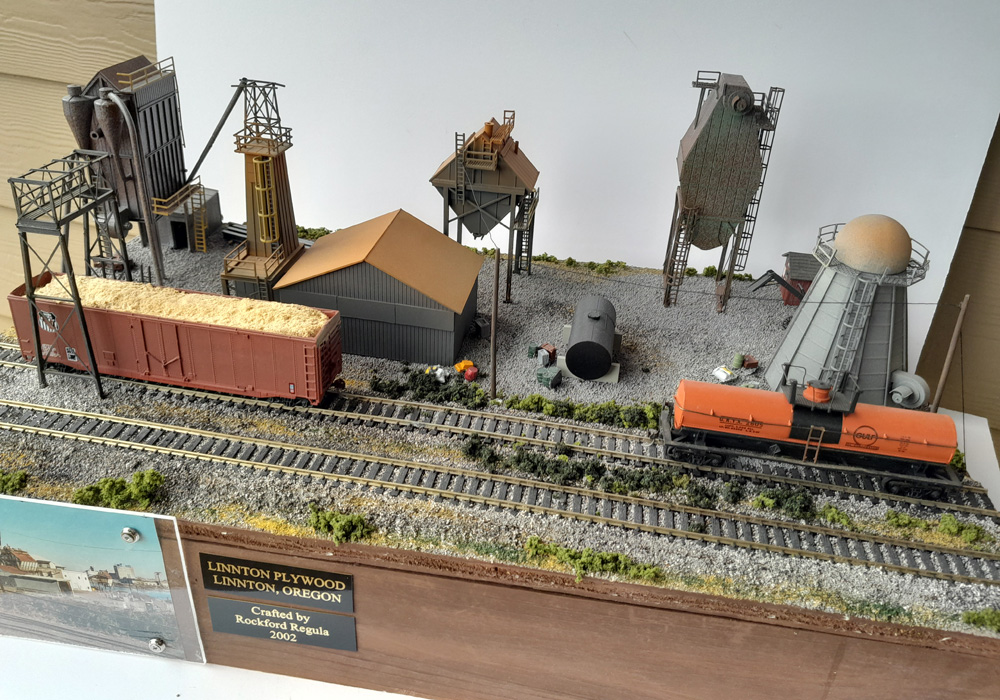
As model railroaders age, we are faced with the question of how to dispose of a model railroad in case of changing scales, downsizing, moving, or death. No one seems willing to address this uncomfortable question. In the case of death, the model railroader’s family is saddled with the problem of disposing of the models. […]
Read More…
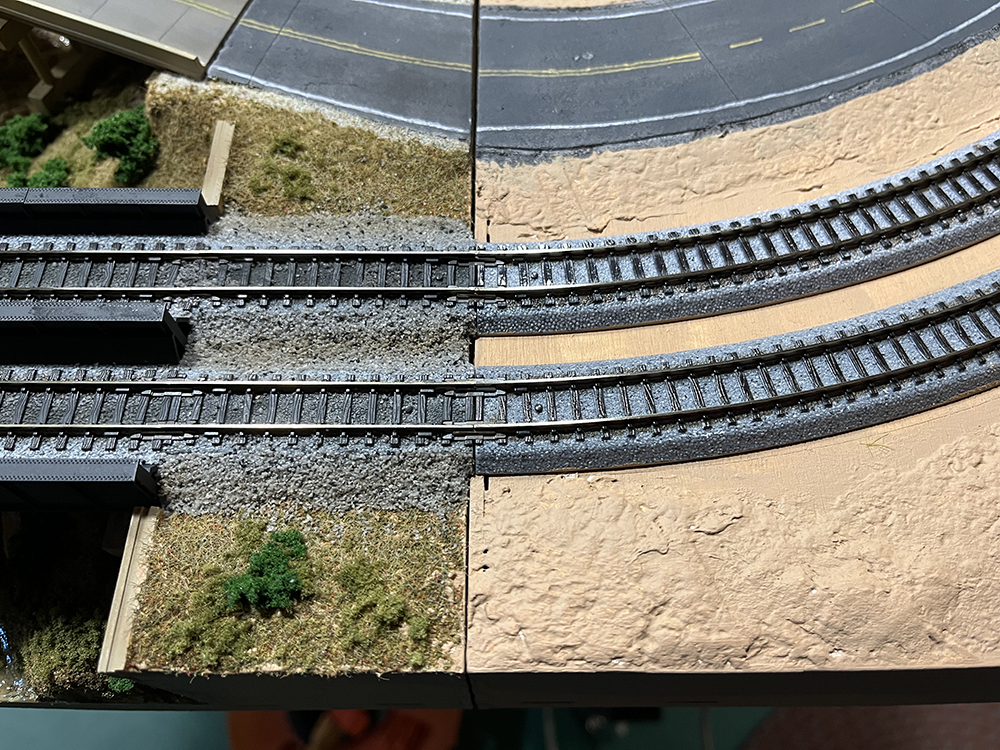
Modelers David Popp, Brian Schmidt, and Bryson Sleppy continue the scenery process on their T-TRAK modules in an attempt to make them look more like the prairies of Colorado. T-TRAK is a modular N scale railroading system that uses foot-wide boxes plugged together to build tabletop layouts. In this eighth installment of the T-TRAK series, […]
Read More…
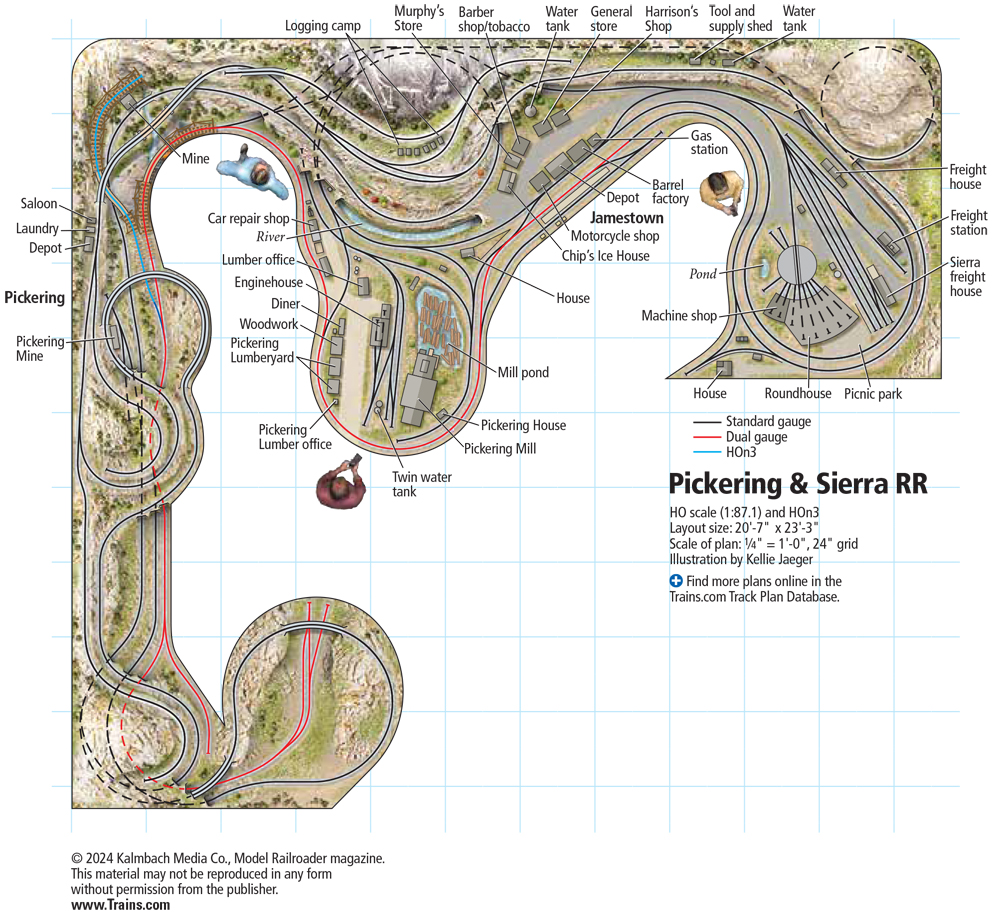
Facts and features Name: Pickering & Sierra RRScale: HO (1:87.1), HOn3, dual gauge, and HOn21⁄2 (dummy)Size: 20′-7″ x 23′-3″ Prototype: freelanced, inspired by Pickering Lumber Co. and Sierra Ry.Locale: Sierra Nevada mountainsEra: 1920s to 1940sStyle: walk-inMainline run: 220 feetMinimum radius: 17″ (logging)Minimum turnout: No.4Maximum grade: 4%Benchwork: open gridHeight: 36″ to 57″Roadbed: plywood and HomasoteTrack: […]
Read More…
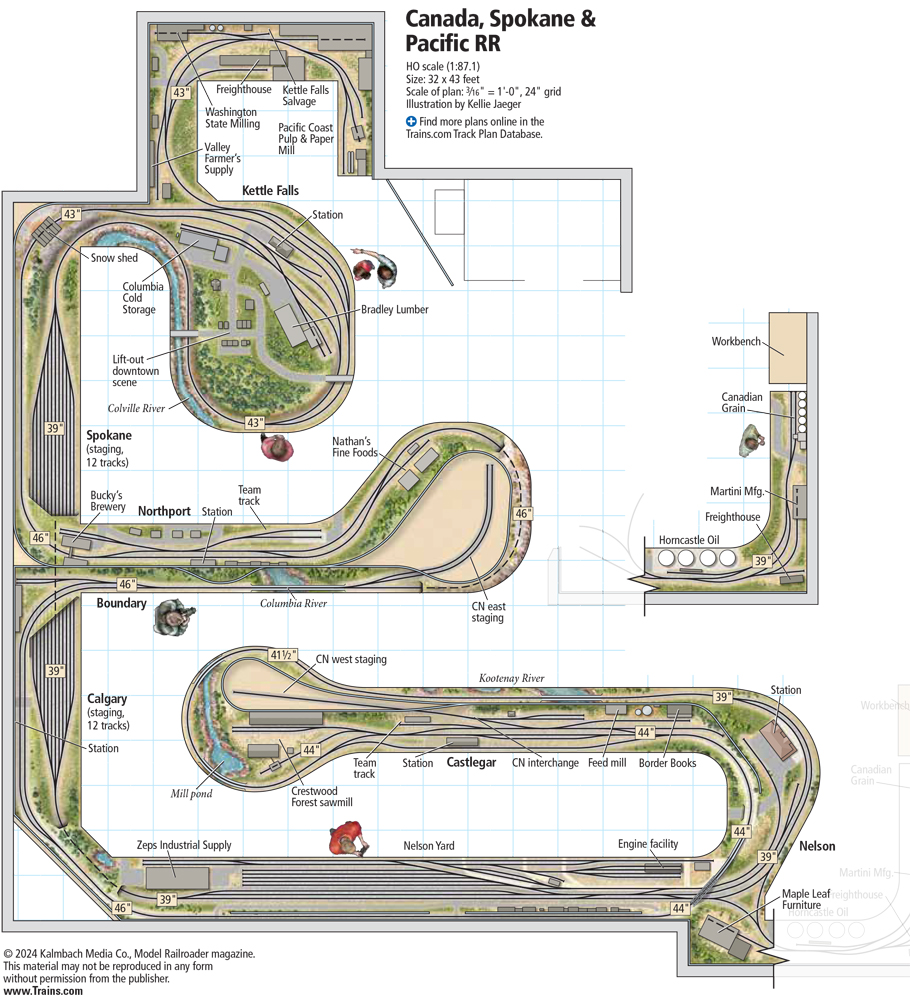
Facts and features Name: Canada, Spokane & PacificScale: HO (1:87.1)Size: 32 x 43 feetPrototypes: Burlington Northern, Canadian PacificLocale: Pacific NorthwestEra: June 1981Style: walk-inMainline run: 260 feetMinimum radius: 36″Minimum turnout: No. 6Maximum grade: 2%Benchwork: L-girderHeight: 39″ to 46″Roadbed: HomasoteTrack: Atlas code 83 flextrackScenery: plaster gauze over cardboard web covered with Structolite Backdrop: LARC Products photo […]
Read More…
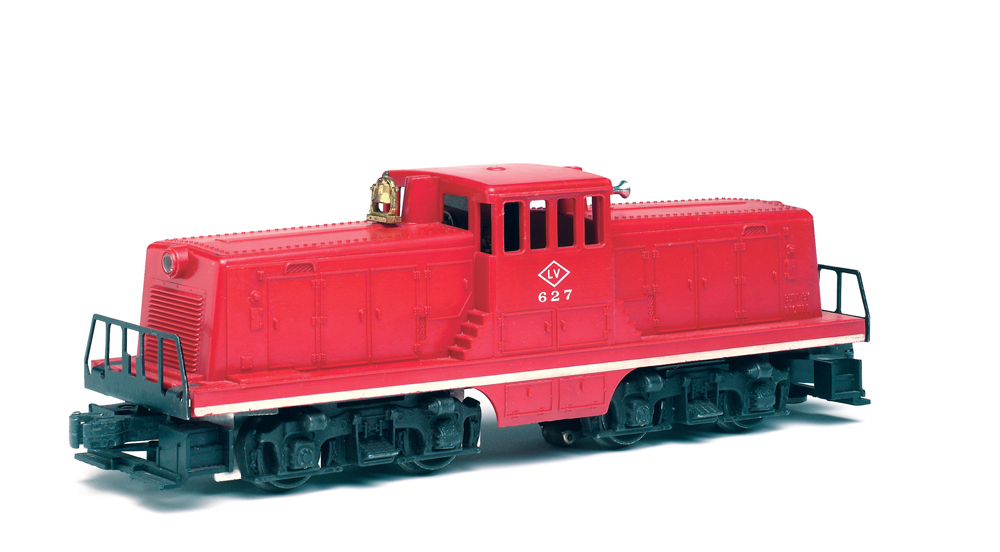
Lionel’s postwar 44-ton diesels may be the most overlooked O gauge locomotives of the era. Collectors focus, instead, on the firm’s models of F3 cab units by the Electro-Motive Division of General Motors and the Train Master road diesels made by Fairbanks-Morse. Operators also like those powerful diesels as well as the big and small […]
Read More…
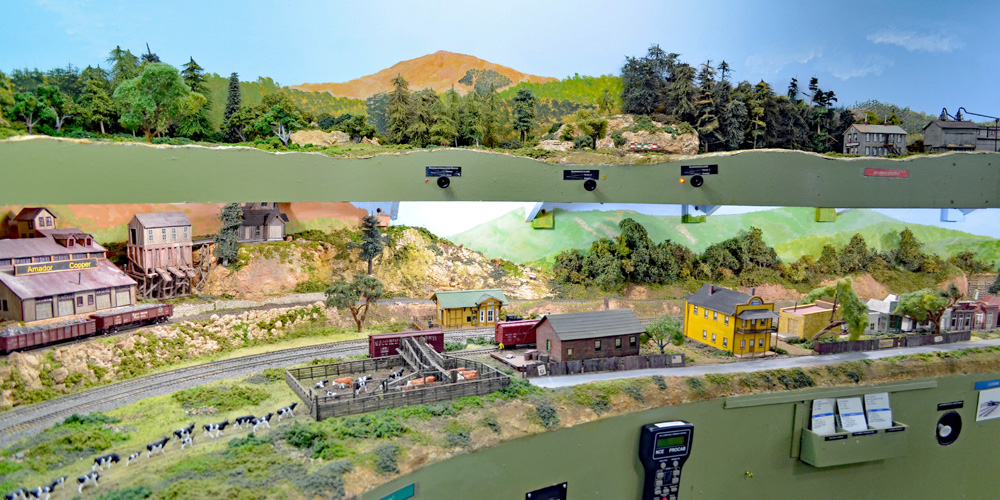
Q: I need to calculate the grade on a double deck layout. Though I’ve been interested in model railroading since I was a child, it’s been quite some time since I was active in the hobby. Now that I’m retired, I’m planning a layout. After much deliberation, I’ve settled on a two-level around-the-walls design. My […]
Read More…
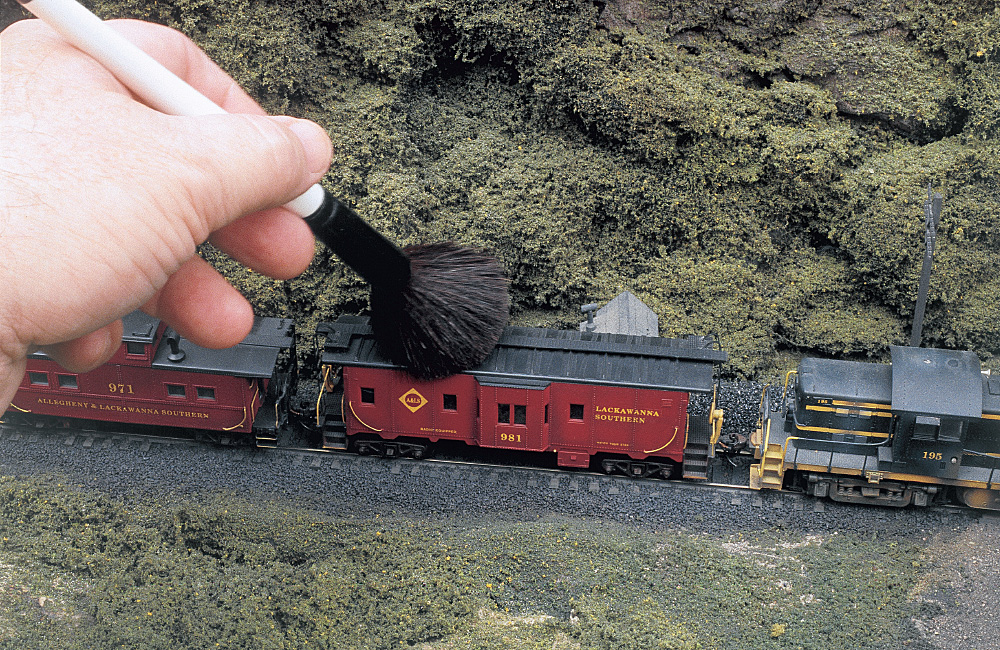
If you’re looking forward to hosting an operating session, open house, layout photo session, or just a visit from friends and relatives, you want your layout to make the best possible impression. But there’s more to cleaning a model railroad than just polishing the track and wheels, as important as those things are. Dust is […]
Read More…
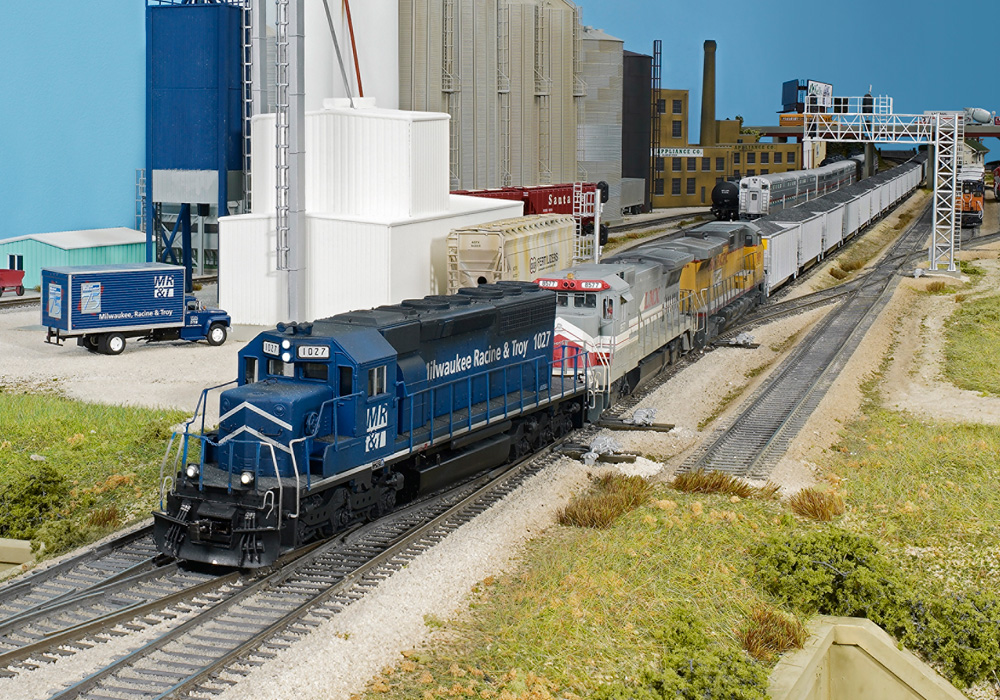
When I began exploring the ins and outs of railroad operations as a teenager, a lingering question piqued my curiosity: Why do multiple diesel locomotives run together in the same or different directions? The answer is quite simple once you understand how the operating practice works. Most North American locomotives today are diesel-electric, meaning that […]
Read More…
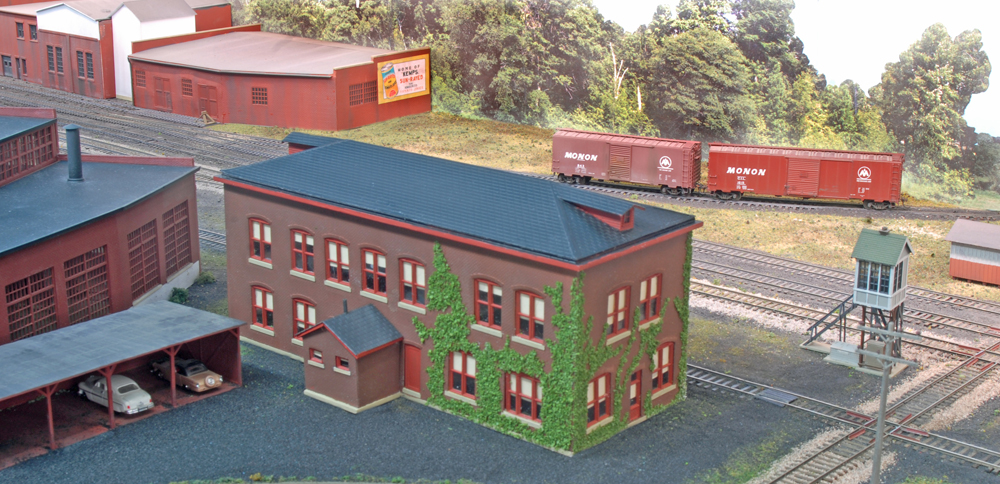
Through our Trains.com website and the pages of Model Railroader magazine, you get a pretty good idea of what some of the hobby’s well-known names are working on. But not everything they do becomes an article for the website or magazine. In “What are you working on?” I surveyed some of our regular contributors to […]
Read More…












